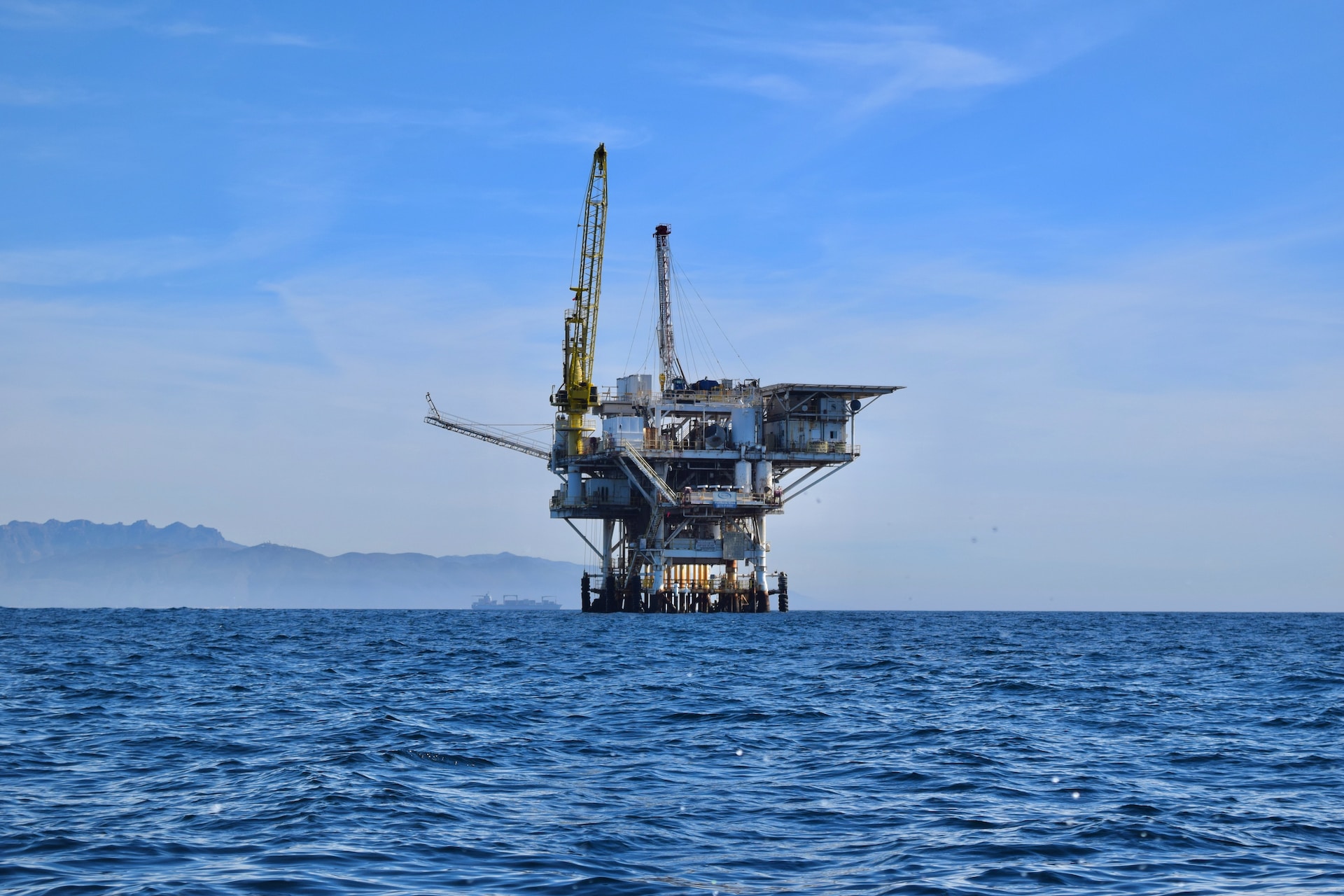Over the years, rugged edge computing has become more prevalent in various industries thanks to its ability to provide reliable processing power even in the harshest environments. That makes it especially useful in the gas & oil industries, which often require computing systems to perform despite extreme temperature changes, dust particles, and heavy vibrations.
Why Rugged Edge Computing for the Oil & Gas Industries?
Rugged edge computing provides plenty of great benefits to the oil and gas industries, including:
Durability
The gas and oil industry needs robust, durable equipment to perform well in challenging environments. That means investing in a computing system that can withstand shock, vibrations, high heat, and dust – what rugged edge computing provides.
It Works in Remote Locations
Another benefit to rugged edge computing is that it can be deployed in remote locations. That makes it ideal for monitoring and controlling processes in the gas and oil industry, as these places often have limited connectivity. For example, oil rigs are usually stationed far away from anything else. Luckily, you can find a rugged PC built specifically for that purpose. No matter how remote, it will still function.
Accurate Data
Rugged edge computing accurately and effectively collects and analyses data in whatever environment, which is what the gas and oil industries need.
Cost-effectiveness
A rugged PC is more cost-effective thanks to its long lifespan, ability to work in harsh environments, low maintenance requirements, and ability to collect and analyze data quickly. While rugged PCs may come with a high price tag, these benefits mean they are more cost-effective over time.
Portability
Rugged PCs can be small and portable. This is highly beneficial for the oil and gas industry, as it allows workers to pick up and move the systems from A to B when necessary.
What to Consider When Choosing Rugged Edge Computing
You now know how beneficial rugged edge computing is to the gas and oil industry. The question now is, how to choose the right system? Picking a PC fit for purpose for the oil and gas industry can be tricky. To help you make the right choice, here are the things to consider.
Environmental Factors
Before investing in a rugged edge computing system, evaluate the environment, taking note of the environmental challenges. The chances are the system will be subject to a lot of environmental disruption, from dust particles to chemicals to vibrations. Keep this in mind so you choose a computing system that can withstand all that.
Connecting Systems
As mentioned, many oil and gas production sites have limited connectivity, so you’ll need to consider how you will connect all of your systems, such as cameras and other devices. I/O is a good idea, as it makes fast data transfer possible. With I/O, you can easily connect your devices to a computer and transfer data between them easily.
Processing Power
The final important consideration is how much processing power the rugged edge computing system offers. Rugged edge computing typically has a lower processing power compared to traditional computers. Make sure yours has enough power for its intended use; you might need more than the average rugged PC depending on the applications you plan on using.










